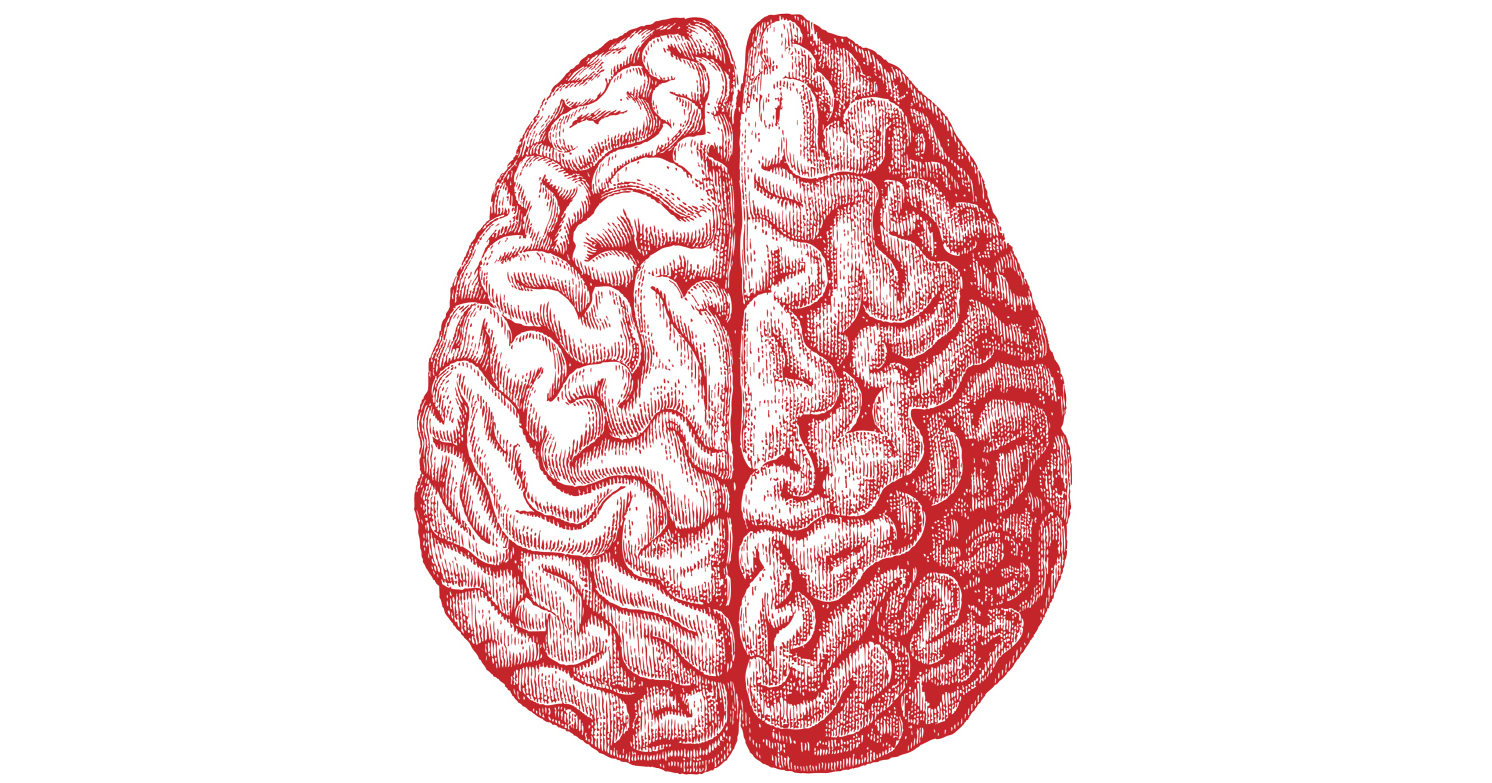What is an Anxiety Attack?

By:
Imagine experiencing bouts of sudden, extreme fear, and lack of control without any specific reason for feeling that way.
That's what a panic disorder is like. A panic disorder is a "spontaneous, seemingly out-of-the-blue panic attack" with no apparent or reasonable cause, according to the Anxiety and Depression Association of America (ADAA).
Rita Zoey Chin, an acclaimed author, has been dealing with panic disorder for a while.
 Flickr/Allan Ajifo - flic.kr
Flickr/Allan Ajifo - flic.kr
"There was a time when basic things — like driving, climbing a flight of stairs, taking a shower, or going through the checkout line at the grocery store — landed me somewhere between mortal unease and full-throttle terror," Chin wrote for the ADAA. "It all began with a single panic attack that seemed to strike out of the blue. Mistaking it for a heart attack, I called an ambulance, but I quickly learned that there is no ambulance for an alarm of the mind."
Related: Here's How Marijuana Affects Anxiety
Some facts about the condition:
- Panic disorders will affect roughly one in 75 people during their lifetimes.
- Around 6 million Americans are currently dealing with the disorder.
- Women are twice as likely to experience the disorder as men, research shows.
- It often arises in a person in their teens or early adulthood, and it can be linked to major changes in life, which can range from graduating college to the death of a family member.
The panic attacks made it so Chin could barely function, and she didn't know how to cope with the problem, she said. After buying a truckload of books about anxiety and psychological problems, she began a long search for an effective treatment. More on this later.

Panic attacks are known to be largely connected with our instinctual "fight or flight" response, which was useful when we were worried about getting eaten by tigers and is less useful when we're shopping at a grocery store. There is no one part of the brain solely responsible for a certain feeling or emotion, because that's not how the brain works. But the amygdala is commonly seen as the part of the brain most associated with fear and panic.
Related: Can MDMA Help Social Anxiety?
There are two amygdalae in the brain, one on each side. They are small, almond-shaped regions and are part of the limbic system, which is said to be a part of the brain that developed early in the evolution of mammals, including humans. It is the foundation for some of our most basic emotions and has a strong connection to the formation and processing of memories.
The region has been the focus of much of the research done around panic disorder. But other parts of the brain will get involved as well.
Related: 5 Apps That Help Your Anxiety
Getting back to Chin, the first treatment she tried was called cognitive behavioral therapy. It is a common treatment for panic disorder. A patient meets regularly with a trained therapist for a determined amount of time and addresses negative ways of thinking, among other things. Some argue it's around 80 percent effective for treating panic disorder.
Even so, CBT didn't work for Chin.
She then tried several other treatments that have been known to work for different people: acupuncture, massage therapy, breathing exercises.
None of those worked either.
Finally, Chin found Eye Movement Desensitization and Reprocessing therapy. EMDR involves having patients recount traumatic or disturbing events from their past while the therapist guides the patient through certain eye movements, and sometimes visualize traumatic imagery repeatedly, to ease their anxiety while the memory is in mind. It is said to reduce the anxiety and stress related to the memories brought out.
That helped.
"Today I’m grateful for so many things," Chin wrote. "One is that I am no longer stricken with panic attacks. But more deeply than that, I’m grateful for the experience of my panic, because it taught me that there is no one-size-fits-all answer to panic and anxiety."
